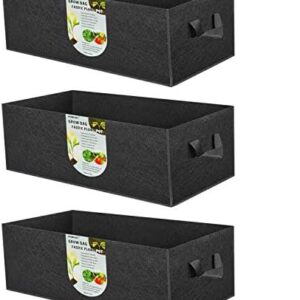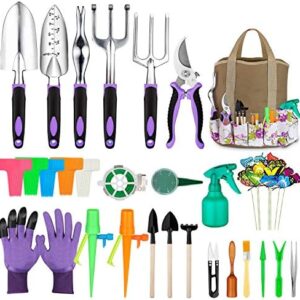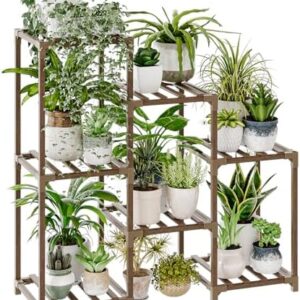In today’s fast-paced world, it can be easy to lose touch with nature and where our food comes from. Many of us rely on convenience foods that are packed with chemicals and preservatives, which can have negative effects on our health and the environment. That’s where organic gardening comes in.
Organic gardening is a way of growing fruits, vegetables, herbs, and flowers without the use of synthetic pesticides, fertilizers, or genetically modified seeds. Instead, organic gardeners rely on natural methods to nurture their plants, such as composting, crop rotation, and using beneficial insects to control pests.
The benefits of organic gardening for your health are numerous. By growing your own organic produce, you can be sure that you are consuming food that is free from harmful chemicals and pesticides. This can help reduce your risk of exposure to toxins that have been linked to a range of health issues, including cancer, hormonal imbalances, and neurological disorders.
Organic produce is also higher in essential nutrients, such as vitamins, minerals, and antioxidants, compared to conventionally grown food. This is because organic soil is rich in nutrients and organic plants are allowed to grow at a natural pace, without the use of growth hormones or other synthetic additives. By eating organic fruits and vegetables, you can nourish your body with the nutrients it needs to stay healthy and strong.
In addition to promoting better health, organic gardening is also better for the environment. Conventional agriculture relies heavily on synthetic fertilizers and pesticides, which can contaminate soil, water, and air. These chemicals can harm beneficial insects, birds, and other wildlife, and contribute to the decline of biodiversity.
Organic gardening, on the other hand, works in harmony with nature, rather than against it. By using natural methods to nurture plants and improve soil health, organic gardeners create a healthy ecosystem that supports a diverse range of organisms. This biodiversity helps to improve soil fertility, reduce erosion, and increase the resilience of plants to pests and diseases.
Organic gardening also helps to reduce our carbon footprint. Conventional agriculture is responsible for a significant portion of greenhouse gas emissions, due to the use of fossil fuels in the production of synthetic fertilizers and pesticides, as well as the transportation of food over long distances. By growing your own organic produce, you can reduce your reliance on industrial agriculture and reduce the amount of carbon dioxide released into the atmosphere.
Furthermore, organic gardening can be a rewarding and enjoyable hobby that connects you to the natural world and provides a sense of accomplishment. There is something deeply satisfying about nurturing a plant from seed to harvest, and knowing that you are creating a positive impact on your health and the environment.
If you’re new to organic gardening, there are plenty of resources available to help you get started. Many local nurseries and garden centers offer organic seeds, plants, and supplies, as well as advice on how to create a successful organic garden. You can also find a wealth of information online, including gardening blogs, forums, and social media groups dedicated to organic gardening.
So why not give organic gardening a try? By growing your own organic produce, you can enjoy the health benefits of fresh, nutrient-rich food, while also supporting a sustainable and environmentally friendly way of growing food. Whether you have a small balcony or a spacious backyard, there is always a way to start your own organic garden and make a positive impact on your health and the planet. Happy gardening!






